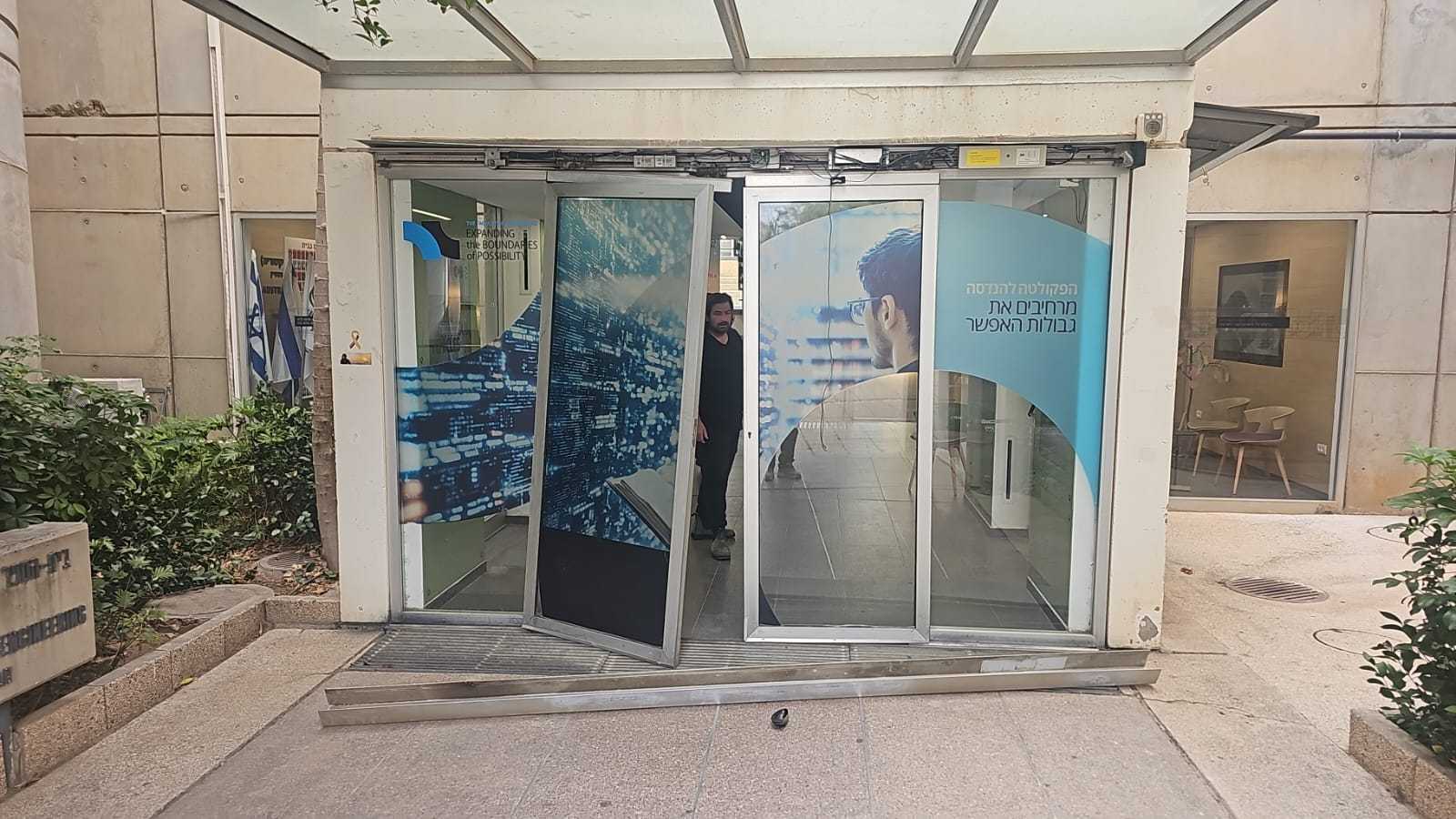INTERVIEW – Damages at Tel Aviv University amidst “the silence of my Italian colleagues”

“Because of lack of sleep, I cannot tell day from night at this point.” Tamar Herzig, an Israeli historian who specializes in the Renaissance and is a professor at Tel Aviv University, tries to smile. A missile fell some hundred meters from the university campus, and the explosion’s shock waves damaged some buildings. This is part of the Iranian reprisal that, in the past few days, has hit another center of academic excellence in Israel: the Weizmann Institute of Science in Rehovot. “What strikes me is the silence of many Italian colleagues whom I considered friends,” says Herzig to Pagine Ebraiche. The historian, who lives in Ra’anana, a city north of Tel Aviv, has often visited Italy, a country she loves. She regularly holds lectures and speeches there.
“Luckily, it did not happen much here, compared to what is going on in Tel Aviv. But the explosions we hear from there are frightening. They are stronger and much more intense than any previous war scenario.” In this situation, in-person classes have been suspended since the conflict between Israel and the Ayatollah regime began. “We continue via Zoom as far as we can. Many students do not have a place to stay, though, and a wi-fi connection is generally not reachable from within bomb shelters. Last week, I was in a workshop with Ph.D. students when the siren went off before I could finish. The only choice was to stop and conclude the session.”
At the Tel Aviv University, the damages consist of broken glass and torn doors and windows. The surrounding buildings were hit harder. “Many of them were destroyed, particularly the oldest ones. Fortunately, there are no victims for now. This is also because our emergency preparedness has been honed over months of experience. We have 10 to 15 minutes before the threat materializes, and a message system alerts us to incoming missiles, so we have time to take shelter.” “This is a difficult time, a time of resilience,” Tel Aviv University Rector Prof. Mark Shtaif recently reminded faculty members, students, and support staff. “The strength of a community is tested in hard times like these,” he wrote. “I am confident that we will continue to act in the spirit of shared responsibility and promote reciprocal understanding and solidarity.”
a.s.
